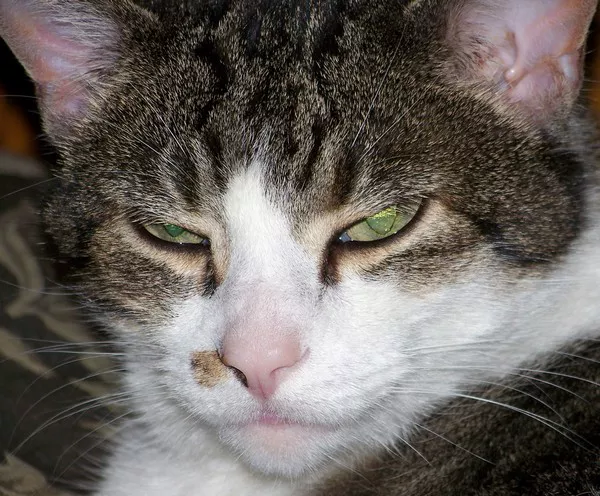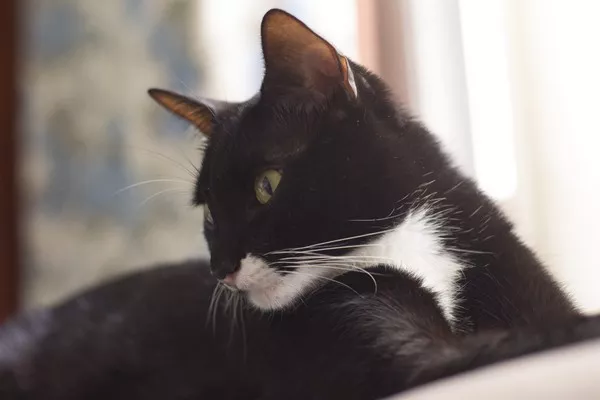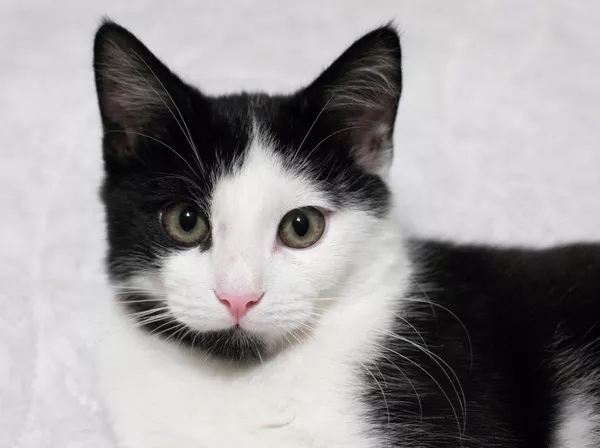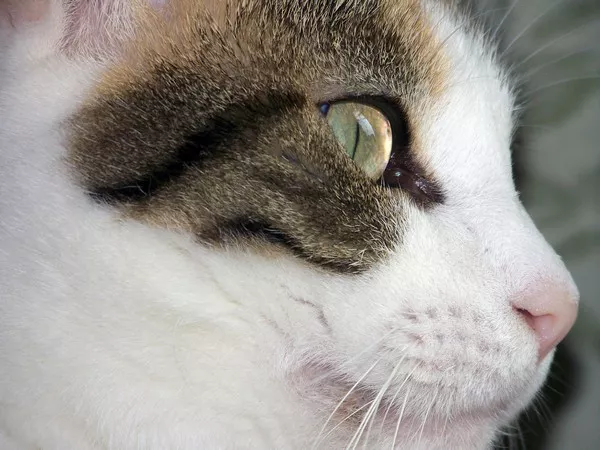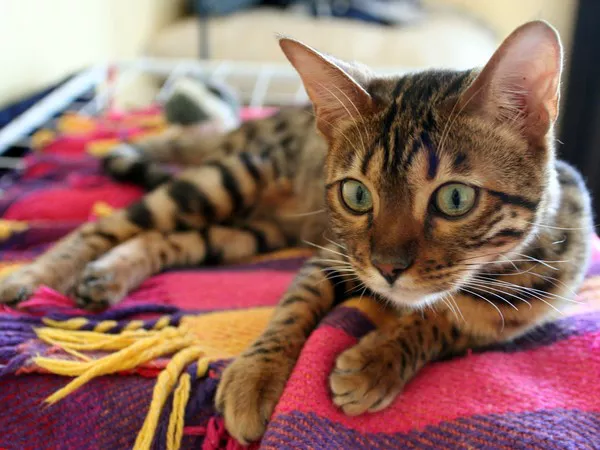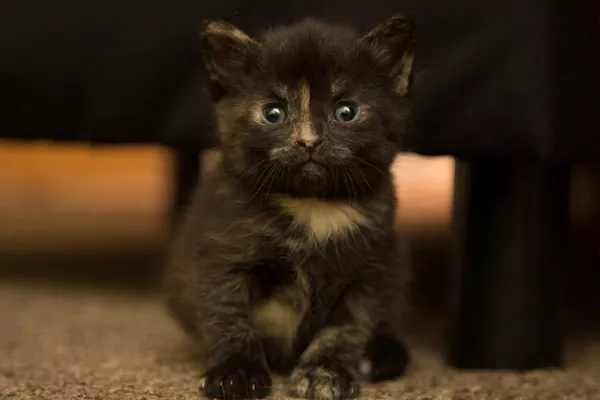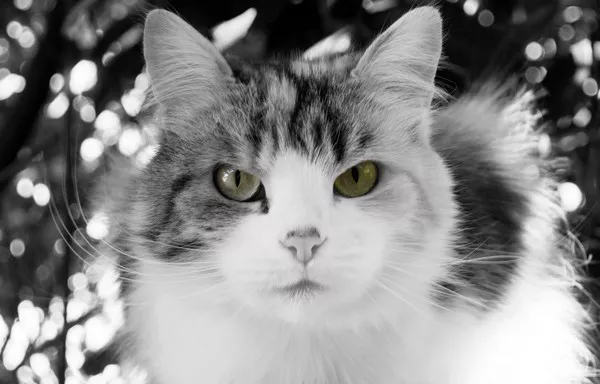The Korat cat, a striking and ancient breed from Thailand, is known for its distinctive silver-blue coat, heart-shaped face, and vibrant green eyes. As with any breed, understanding their dietary needs is essential for maintaining their health and longevity. This article delves into the specifics of what Korats eat, providing a comprehensive guide to their nutrition.
Understanding the Korat’s Dietary Needs
Nutritional Requirements
Korat cats, like all felines, are obligate carnivores. This means their diet must primarily consist of meat. They rely heavily on protein and specific nutrients that can only be derived from animal tissues. Key nutrients include:
Taurine: Essential for heart and eye health.
Arginine: Critical for protein synthesis and ammonia detoxification.
Arachidonic Acid: Necessary for skin and coat health.
Vitamin A: Important for vision, immune function, and reproduction.
Protein Sources
High-quality animal proteins are vital. Common sources include:
Chicken: A lean source of protein that is easily digestible.
Turkey: Similar to chicken, turkey provides a lean protein source.
Beef: Rich in protein and essential nutrients.
Fish: Provides omega-3 fatty acids, which are beneficial for coat health.
Lamb: Another excellent source of protein, often used in hypoallergenic diets.
Commercial Cat Food Options
Dry Food
Dry kibble is a popular choice due to its convenience and long shelf life. When selecting dry food for a Korat, it’s important to choose a high-quality brand that lists a named meat as the first ingredient and avoids fillers like corn and soy.
Benefits: Convenient, helps keep teeth clean.
Drawbacks: Lower moisture content, which can lead to dehydration if not supplemented with wet food or water.
Wet Food
Canned or wet food typically contains higher moisture content, which is beneficial for hydration. Look for options that contain high-quality meat sources and avoid artificial additives.
Benefits: Higher moisture content, more palatable for many cats.
Drawbacks: More expensive, shorter shelf life once opened.
Raw Diets
Raw diets, consisting of uncooked meat, bones, and organs, aim to mimic what a cat might eat in the wild. These diets can be homemade or commercially prepared.
Benefits: Can be nutritionally complete if well-formulated, high in protein.
Drawbacks: Risk of bacterial contamination, requires careful handling and preparation.
See Also: Are Korats Lap Cats?
Homemade Diets
Formulating a Balanced Diet
Creating a homemade diet for a Korat requires careful planning to ensure it meets all nutritional requirements. Consultation with a veterinarian or a pet nutritionist is crucial.
Proteins: Chicken, turkey, beef, and fish should be primary components.
Organs: Liver, heart, and kidneys provide essential vitamins and minerals.
Supplements: Taurine, calcium, and a multivitamin may be necessary to prevent deficiencies.
Cooking Methods
Cooking methods can affect the nutrient content of the food. Lightly cooking the meat can destroy harmful bacteria while preserving nutrients. However, overcooking can lead to nutrient loss.
Specific Dietary Considerations
Kittens
Korat kittens have different nutritional needs compared to adults. They require higher protein and fat content to support rapid growth and development.
Feeding Frequency: Kittens should be fed small, frequent meals throughout the day.
Food Types: Wet food is often more suitable for kittens due to its softer texture and higher moisture content.
Adults
Adult Korats require a balanced diet that maintains their weight and overall health. Monitoring their weight and adjusting portion sizes is essential to prevent obesity.
Feeding Schedule: Adults typically do well on two meals per day.
Food Quality: High-quality commercial diets or well-balanced homemade diets are recommended.
Senior Cats
Senior Korats may have specific dietary needs due to changes in metabolism, dental health, and potential medical conditions.
Protein: High-quality protein is still important, but the amount may need to be adjusted.
Hydration: Wet food or adding water to dry food can help maintain hydration.
Joint Health: Supplements like glucosamine and chondroitin can support joint health.
Common Dietary Problems and Solutions
Obesity
Obesity is a common issue in domestic cats and can lead to various health problems such as diabetes and joint issues.
Preventative Measures: Measure food portions, avoid free-feeding, and provide regular exercise.
Weight Management Foods: Specially formulated diets can help manage weight.
Food Allergies
Some Korats may develop food allergies, typically manifesting as skin issues or gastrointestinal problems.
Identification: Elimination diets can help identify the allergen.
Alternative Proteins: Switching to novel proteins like duck or venison can alleviate symptoms.
Dental Health
Dental issues can affect a Korat’s ability to eat and overall health.
Dry Food: While it can help clean teeth, it should not be the sole diet.
Dental Treats: Special treats designed to clean teeth can be beneficial.
Regular Checkups: Dental checkups with a veterinarian are essential.
Feeding Tips and Best Practices
Consistency
Maintaining a consistent feeding schedule helps regulate a Korat’s metabolism and digestive health.
Meal Timing: Feed at the same times each day.
Portion Control: Measure food to prevent overfeeding.
Hydration
Adequate hydration is crucial, especially for cats on dry food diets.
Water Bowls: Provide multiple water sources around the house.
Fountains: Some cats prefer running water and may drink more from a pet fountain.
Treats
Treats can be used for training and bonding but should not make up more than 10% of a cat’s daily caloric intake.
Healthy Options: Choose treats with high protein and low fillers.
Moderation: Limit treats to prevent overfeeding.
Conclusion
Understanding and meeting the dietary needs of a Korat cat is essential for their health and well-being. Whether you choose commercial food, a homemade diet, or a combination, the key is to ensure it is balanced and provides all the necessary nutrients. Regular veterinary checkups and monitoring your cat’s health and weight are crucial to making any necessary dietary adjustments. By providing a nutritious diet tailored to their specific needs, you can help ensure your Korat lives a long, healthy, and happy life.


